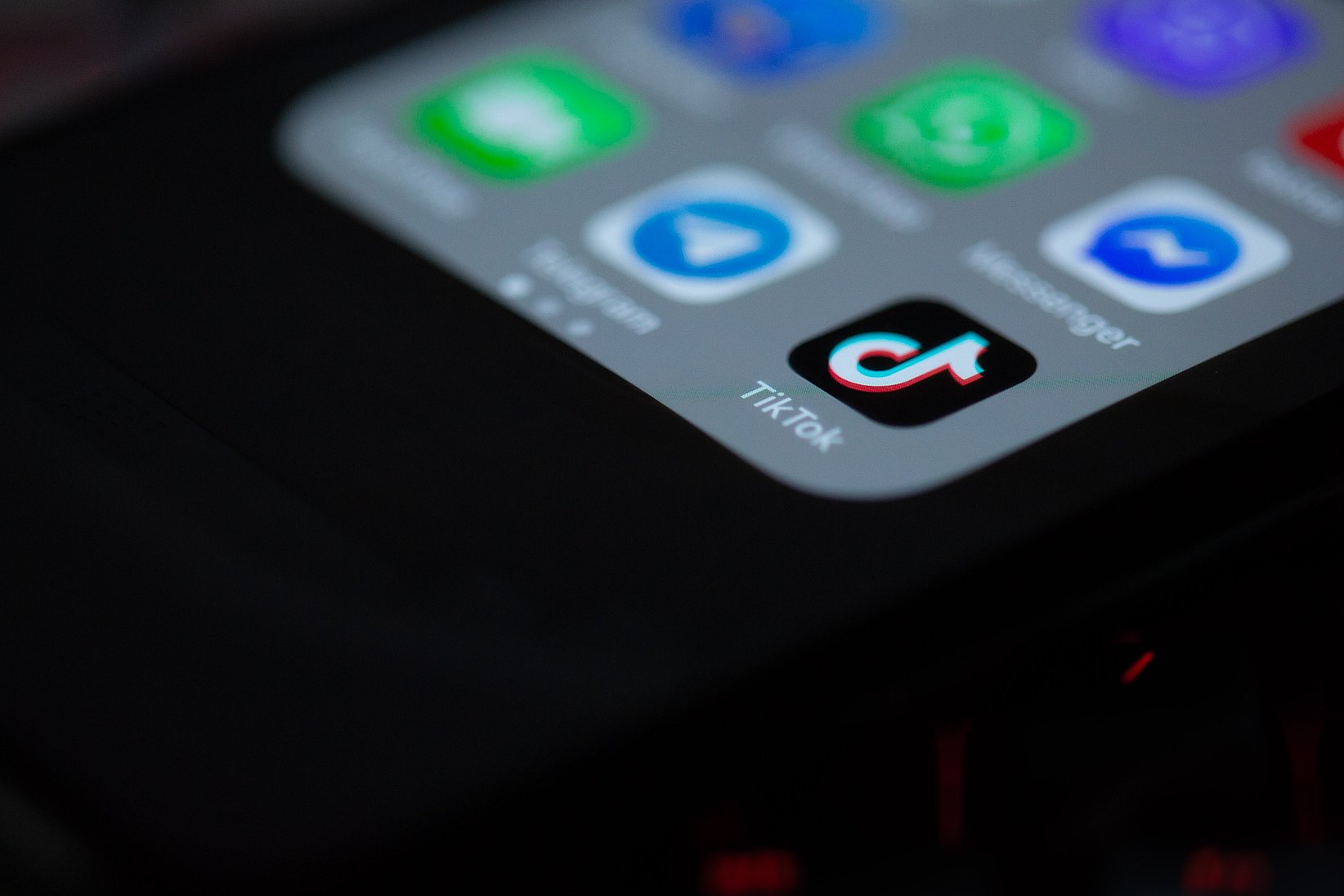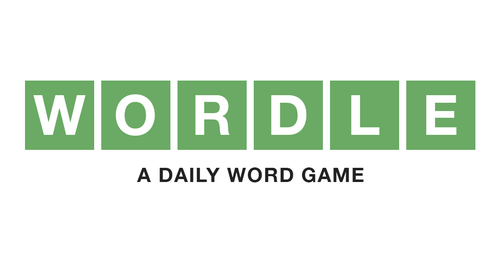
Education
Marketing
Blog
Education on Tiktok

Since its launch in 2017, TikTok has been downloaded over 2 billion times. In the UK alone, TikTok has over 3.7 million active users, with the average daily time spent on the app being 41 minutes. The app, known for hosting viral hits such as dogface and sidetalk, is primarily known for its light hearted dances, comedy sketches and challenges that are constantly imitated by its users from across the globe. Whether it's Mukbang or BookTok, the diversity of TikTok's content seems endless. It does, however, seem like a surprising platform to educate and inform the public.
In June of 2020, in an effort to combat the perception that the app is "mindless", the social media giant announced that it would commission hundreds of institutions and experts to produce educational content for the app. Universities and charities were approached with the aim of creating micro-learning experiences for users to gain useful insights on various topics in concise, 60 seconds-or-less, videos. Celebrities were also asked to do their part. The actor Sean Sagar was asked to create videos providing tips for a career in acting, while Countdown's Rachel Riley was commissioned to make content offering maths tips.
The success of educational videos on TikTok has been phenomenal. The hashtag, #learnontiktok, now has over 200 billion views with subjects ranging from history and geography to sociopolitics and philosophy. The beauty of #learnontiktok is that it has something for everyone. Whether you want to learn about the chemical reaction between aluminum and Bromine or just want to learn how to cut an onion properly, TikTok has something educational for almost everyone. The Learn on TikTok hashtag did so well that the company decided to test a whole section dedicated to educational content. For a brief period, the "Learn" tab on TikTok could be found on the homescreen alongside "For you" and "Following".
With all of its benefits, there are also some concerns over TikTok's move into the educational sphere. Firstly, the concise nature of the platform means that many educational videos are provided without depth, context or necessary information. Secondly, some critics view #learnontiktok as a breeding ground for fake news and false information. Aside from fake news, the app has been criticised for promoting risky or even dangerous "health" trends, such as teeth filing and dodgy chiropractic treatment. Finally, some people have also pointed to the hypocrisy of learning on an app that contributes so heavily in distracting young people from actual education. The UK's Department for Education have even gotten involved, as teachers say that they have been targeted by abusive and humiliating TikTok accounts.
Aside from the obvious drawbacks of TikTok as an educator, there is little doubt that the app engages young people, so why not not embrace it? Recent research has demonstrated how young people look to TikTok for sexual education, as it "fills the gaps" of conventional school-based sex ed. Additionally, it also gives young people the chance to learn about these things in private, without teachers or peers around. An academic article published over the summer even went so far as to recommend TikTok as an educational tool. The research found that TikTok "promotes student motivation, creates an engaging learning environment, and encourages the development of skills such as creativity and curiosity".
Educational initiatives on TikTok also offer a lot of opportunities for brands. Gone is the need for brands to create the next viral challenge. Instead, brands can focus on educating or informing their audience. Why create a silly dance when you can show your audience exactly how the product is made? As an educational institution, why limit your social reach to the more "professional" sites, such as Facebook or LinkedIn? Even the Association of Chartered Certified Accountants has found success on TikTok. Companies are still only figuring out the most optimal brand opportunities on TikTok, but with the success of #learnontiktok, we think that this is only the beginning.


